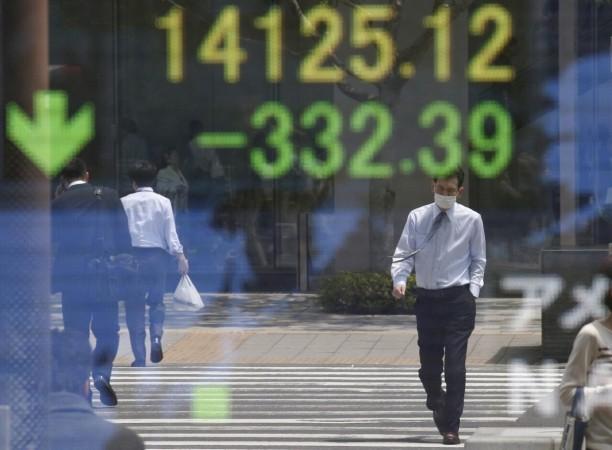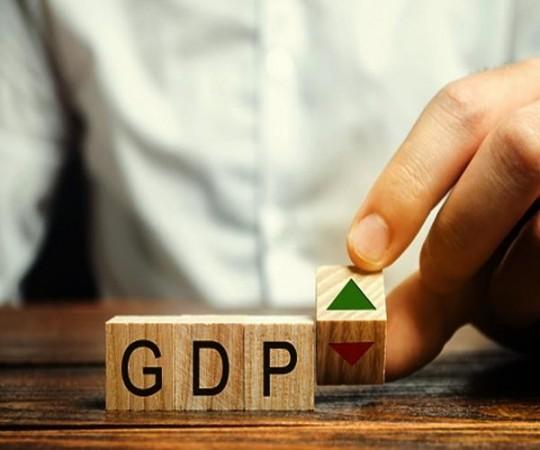Indian share markets, Sensex and Nifty, fell on Monday along with many Asian stock markets after Jerome Powell, Chairman of the US Federal Reserve, said it would continue to raise interest rates to tackle soaring prices.
Higher interest rates make borrowing more expensive for individuals and companies, which could slow economic growth as well as inflation, the BBC reported.
Japan's Nikkei 225 index was 2.8 per cent lower in Monday morning trade in Tokyo.
Elsewhere in the Asia-Pacific region, the Kospi in South Korea and Australia's ASX 200 were both down by more than 2 per cent, while the Hang Seng in Hong Kong was 0.8 per cent lower.

That came after the main share indexes in New York each fell by more than 3 per cent on August 26 after Powell's remarks.
The fall was steep enough that investors' wealth fell by Rs 3.23 lakh crore in early trade on Monday. The BSE Sensex tanked 1,466.4 points or 2.49 per cent to 57,367.47 eroding the market capitalisation by Rs 3,23,123.54 crore to Rs 2,73,72,988.06 crore.
Tech Mahindra, Infosys, HCL Technologies, Wipro, Tata Consultancy Services, Tata Steel and Bajaj Finance were trading sharply lower. Hindustan Unilever, Maruti, Nestle and UltraTech Cement were the only gainers.

During a highly-anticipated speech at a conference in Wyoming, Powell said the Federal Reserve was likely to continue raising interest rates in the coming months and could keep them high "for some time", the BBC reported.
He said that, while the hikes would come at a cost to American households and businesses, "a failure to restore price stability would mean far greater pain".
Inflation in the world's largest economy by gross domestic product (GDP) is at a four-decade high.
"Fed Chair Powell went for the jugular, conveying (an) unflinching assault on inflation," the BBC quoted Vishnu Varathan, head of economics and strategy at Mizuho Bank, as saying in a note.
"Justification for this unrelentingly hawkish posture was as plain as it was unequivocal," he added.
Investors are also concerned that the Chinese economy is slowing, Dan Wang, chief economist at Hang Seng Bank China, told the BBC.
"The economic perspective has worsened in China due to prolonged Covid control, which means further policy rate cuts have to take place. Domestic demand is too weak without further rate cuts in China," she said.
(With inputs from IANS)













